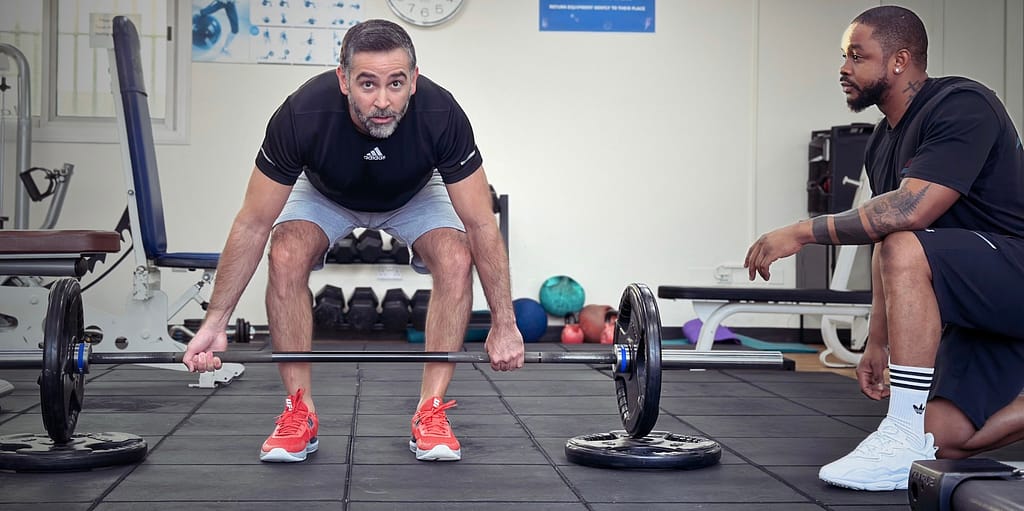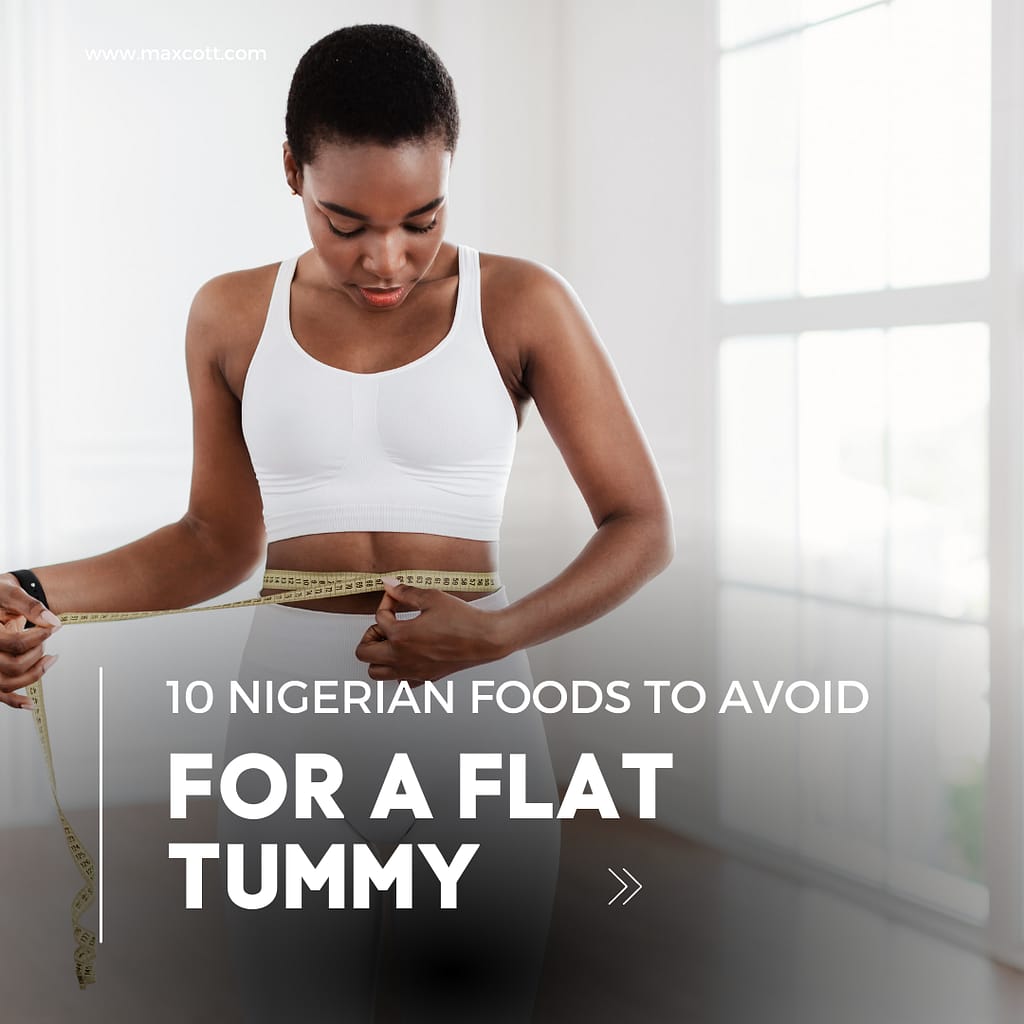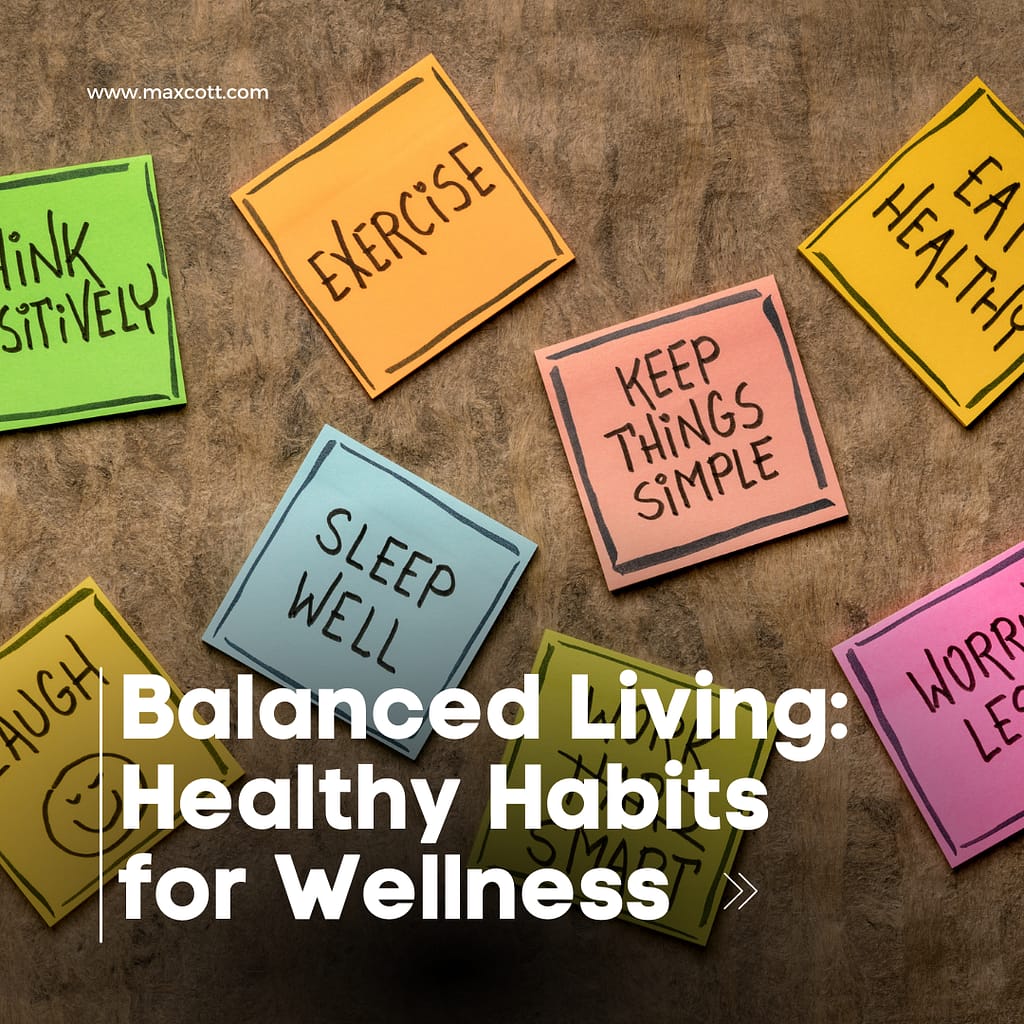The fitness industry is full of promises and quick fixes, but not everything you hear is beneficial or straightforward. As a fitness professional in Dubai, I’ve seen how these misconceptions can lead to frustration and setbacks. In this article, we’ll discuss some of the most serious lies circulating within the fitness realm, lies about weight loss, bodybuilding, and mental health that have misled countless individuals. Along with the truth to help you navigate your fitness journey more effectively without stories that touch.
1. Eating Fat Makes You Fat
Myth Explanation
The widespread lie that “eating fat makes you fat” has been one of the most damaging pieces of misinformation spread by the fitness industry. This myth took root in the 1970s, largely based on outdated studies like the Seven Countries Study, which linked saturated fats with high cholesterol and heart disease. This led to popular fear of all fats, and the idea that all fats are bad for health and contribute to weight gain. However, this is a messed up oversimplification that doesn’t consider how different types of fats affect the body.
Russell de Souza, a registered dietitian and professor, points out that it’s not the amount of fat, but the type of fat we consume that matters. The industry’s push towards low fat products often led to foods where fats were replaced with refined carbohydrates, which can be just as ugly, if not more so, to our health. This stupid shift has contributed to the ongoing obesity and diabetes epidemics by encouraging the consumption of high sugar, high carb foods under the guise of being “low fat”.

The Role of Fats in a Healthy Diet
Fats are a crucial part of a healthy diet. They provide essential fatty acids, are a major source of energy, and are necessary for the absorption of certain vitamins and minerals. It’s actually important to be able to tell between different types of fats. Unsaturated fats, such as those from fish, nuts, and vegetable oils, can improve blood cholesterol levels and stabilize heart rhythms. On the other hand, saturated fats and trans fats found in processed foods like burger, margarines, doughnuts, French fries, pizza, processed meats and many more can increase the risk of disease.
Research has shown that diets incorporating healthy fats can lead to better weight loss results than low fat diets. Fats help in slowing down digestion, which can make you feel full longer and reduce overall calorie intake. Moreover, replacing saturated fats with unsaturated fats can significantly lower the risk of heart disease.
It’s important to focus on the whole diet rather than isolating nutrients. A balanced diet that includes a variety of whole foods, rich in healthy fats, while limiting processed foods high in unhealthy fats, sugars, and salts, is key to maintaining good health. The emphasis should be on quality and balance, ensuring that dietary fats are consumed in a way that supports overall health without adding to the typical problem of eating too much.
2. Cardio is the Only Way to Lose Weight
Why it's Misleading
The idea that cardio is the only way to lose weight is not just misleading, it’s complete nonsense. Let’s set the record straight and don’t get me wrong, while cardiovascular exercise is important, it’s not the sole factor in achieving weight loss. Research shows that exercise, in general, can lead to significant weight loss, fat loss, and visceral fat loss. However, no difference in weight, fat, and visceral loss was found between aerobic and HIIT (high intensity interval training) as long as energy expenditure was equal. This busts the myth wide open that cardio is the only effective method for losing weight.

The Role of Strength Training
Strength training, often overshadowed by the hype around cardio, plays a crucial role in a balanced fitness regimen. It not only helps preserve and enhance muscle mass at any age but also manages or reduces weight and increases metabolism, helping you burn more calories. Also strength training can reduce signs and symptoms of many chronic conditions like arthritis, back pain, obesity, heart disease, depression, and diabetes.
For individuals aiming for weight loss, incorporating both cardio and strength training is essential. Strength training builds muscle, and the more muscle mass you have, the higher your metabolic rate tends to be, which helps your body burn more fat. This is important for long term weight loss and maintaining muscle mass, which often gets lost in cardio-focused weight loss programs. Resistance training specifically has been shown to reduce lean mass loss during weight loss efforts. The weight loss method I’ve used to deliver results to many of my clients over the years is actually built on this fact, so I’m not just talking.
Incorporating strength training a few times a week, using methods such as free weights, weight machines, or bodyweight exercises, not only supports weight loss but also enhances your overall strength and health. It’s about time we call out the bullshit that’s been fed to us about weight loss and recognize the undeniable benefits of a well rounded exercise routine that includes both cardio and strength training.
3. You Need to Eat Small Meals Frequently
Debunking the Myth
You probably have heard the idea that eating smaller meals is the way to go, more frequent meals boosts your metabolism and aids in weight management. However, the reality is that the metabolic increase from the thermic effect of food (TEF) is proportional to the meal’s size, meaning whether you eat three larger meals or six smaller ones, the total metabolic boost remains similar. The 2020 Dietary Guidelines Advisory Committee found insufficient evidence to support the claim that more frequent meals contribute significantly to weight management or obesity prevention.
Moreover, a study comparing fewer than three meals to more than four meals per day showed no significant difference in energy expenditure or body fat loss between the groups. Interestingly, participants consuming six smaller meals reported higher levels of hunger and a greater desire to eat, challenging the idea that more frequent meals control hunger better.

Effective Eating Habits
When it comes to effective eating habits for weight management, the quality of the food you consume is far more critical than the frequency of your meals. It’s essential to focus on whole foods and maintain a balanced diet that includes vegetables, fruits, whole grains, lean proteins, and healthy fats. These foods provide the nutrients your body needs without the excessive calories found in processed foods.
For those trying to manage weight or improve health, it’s also important to consider the timing of your meals. Eating in alignment with your body’s natural circadian rhythms, such as having a hearty breakfast and avoiding late night meals, can prevent metabolic disruptions that lead to weight gain.
4. All Protein Sources are the Same
Differences in Protein Quality
The idea that all protein sources are equivalent is a widespread adult bull shit that we need to squash right now. It’s complete nonsense to think that just because something contains protein, it’s as good as any other protein source. Proteins are made up of amino acids, and the quality of a protein depends on its amino acid composition and its bioavailability, how well it can be utilized by the body. Animal proteins, such as meat, eggs, and dairy, are considered complete proteins because they contain all essential amino acids. On the other hand, most plant-based proteins lack one or more essential amino acids, making them incomplete.
This doesn’t mean that plant proteins are inferior, they just need to be consumed in a diverse mix to ensure all essential amino acids are obtained.

Choosing the Right Protein Sources
When selecting protein sources, it’s crucial to consider both the quantity and the quality of the protein. While it’s true that most people consuming a Western diet get enough protein, the quality often leaves much to be desired. High quality protein sources not only provide the full spectrum of essential amino acids but also come with other health benefits, such as the presence of other nutrients like iron, vitamin B12, and omega-3 fatty acids.
For optimal health, I recommended to include a variety of protein sources in your diet. This includes lean meats like chicken breast and turkey, which are high in protein and low in unhealthy fats. Seafood, such as salmon and canned tuna, is not only rich in protein but also in heart healthy omega-3 fatty acids. Plant based sources like legumes and nuts are excellent as well, though they should be paired or varied to cover all essential amino acids.
It’s also important to be wary of processed meats which can be high in saturated fats and sodium, these should be consumed in moderation. Instead, focus on whole foods and lean protein sources, and remember, the way these foods are prepared can also impact their nutritional value. Cooking methods that retain the most nutrients and reduce harmful compounds should be preferred.

Now I believe we've cleared away the confusion. These insights aren't just opinions, they're backed by evidence and aimed at helping you make healthier choices. Understanding these debunked myths is crucial in a world full of fitness misinformation. By embracing different types of exercise, understanding the true role of fats in our diets, considering meal timing, and knowing the best protein sources.
For personalized fitness guidance and training tailored to your needs, visit Max Fitness Dubai. Together, let’s embark on a journey toward improved health and wellness.




